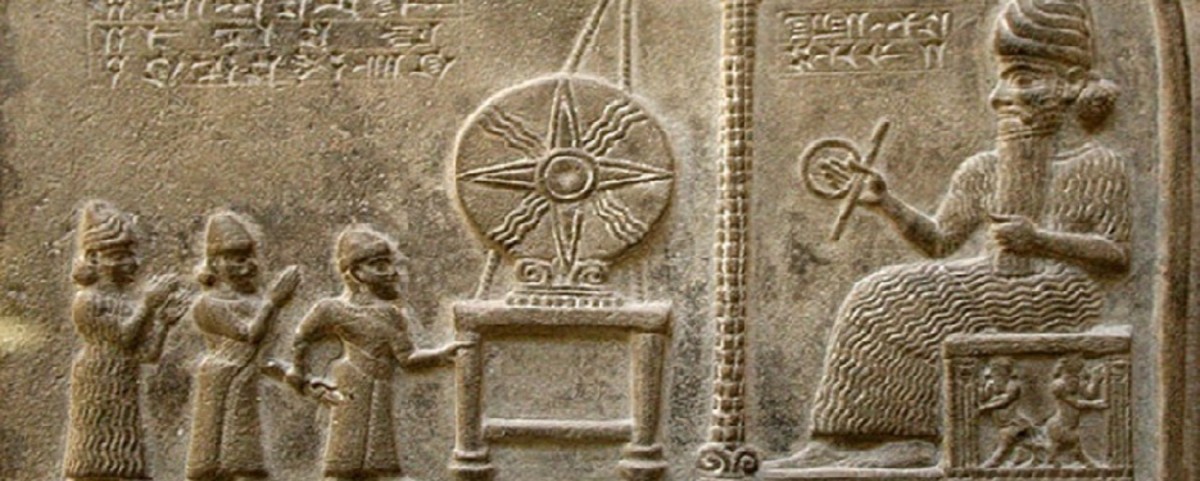Dale Pollard
Though Scripture doesn’t say, you can be sure
David’s sheep had no idea how lucky they were to have a
shepherd like him. They were just sheep after all. How could
they fully appreciate the extent that David went to in order to
keep them safe? Before this begins to sound ridiculous, let’s
remember that at least two of David’s sheep were carried off
in the jaws of a lion and a bear. When the terrified bleating
of an unfortunate sheep is heard by the shepherd, he sprints
after the wild animal knowing all the while — it’s just a sheep.
It’s just one sheep! Nevertheless, David strikes the predator
and saves the sheep (1 Sam. 17:34-35).
What made David a good shepherd? It certainly
wasn’t his stature. The average male of his day stood around
five feet tall. He was also the youngest of his family, and often
unappreciated (1 Sam. 16:11; 17:29, 33). It was David’s heart,
not his height, that made him exceptional. He was a natural
shepherd of sheep, and of people.
David is sent by his father, Jesse, to deliver bread for
his brothers, who are among Saul’s army. When he arrives on
scene, everyone is afraid and unwilling to take a stand against
the arrogant Goliath. But before the giant warrior from Gath
meets the shepherd boy from Bethlehem, a few more giants
will be faced.
The first giant was the giant of degradation.
David’s own brother, Eliab, would greet him with
two belittling questions that would make a lesser man feel
sheepish, but not this shepherd. Eliab asks, “why have you
come down here?” and, “who is watching the few sheep?”
David’s brother doesn’t think he belongs among warriors and
that he is only capable of handling a small number of simple
animals.
The second giant was that of accusation.
In the same breath, Eliab would accuse and insult
David three different times. He claims, “I know how
conceited you are and how wicked your heart is. You’ve only
come to watch the battle.” How wrong he was and how dare
he insult such a godly man! It’s interesting to note that David
had an answer to each of these questions and accusations, but
never attempts to defend himself. His father sent him, that’s
why he was there. He was there to deliver nourishment for
this dear brother who had, no doubt, worked up an appetite
doing absolutely nothing. No retaliation or snarky remark
would escape from the shepherd’s mouth because nothing like
that was in his heart (Matt. 12.34).
The third giant David would conquer would be the towering
giant of indignity. He didn’t shame his brother and he didn’t let his
brother’s shaming keep him from shining.
Shepherds put up with a lot, don’t they? Good
shepherds really put up with a lot. Faithful God-fearing elders
within the Lord’s church all over the world are faced with
giants more often than they should be. Sometimes, the giants
they face are their own sheep. How easy it is to make
confident accusations against them and to question their
intentions, hearts, and capabilities. That unpaid servant of
God is more often than not the first one to come running
when the bleating of a wayward member is heard. When we
find ourselves in clutches of our various trials, they attempt to
pry us out. At times they earnestly pray over and take on
burdens that aren’t theirs to carry. Faithful elders will find
themselves in a position in which they could make the sheep
feel ashamed, but choose to save the feelings of others
because that’s what a good shepherd does. It’s not their
height, it’s their heart. The sheep need to love their
shepherds because the shepherds love their sheep.











